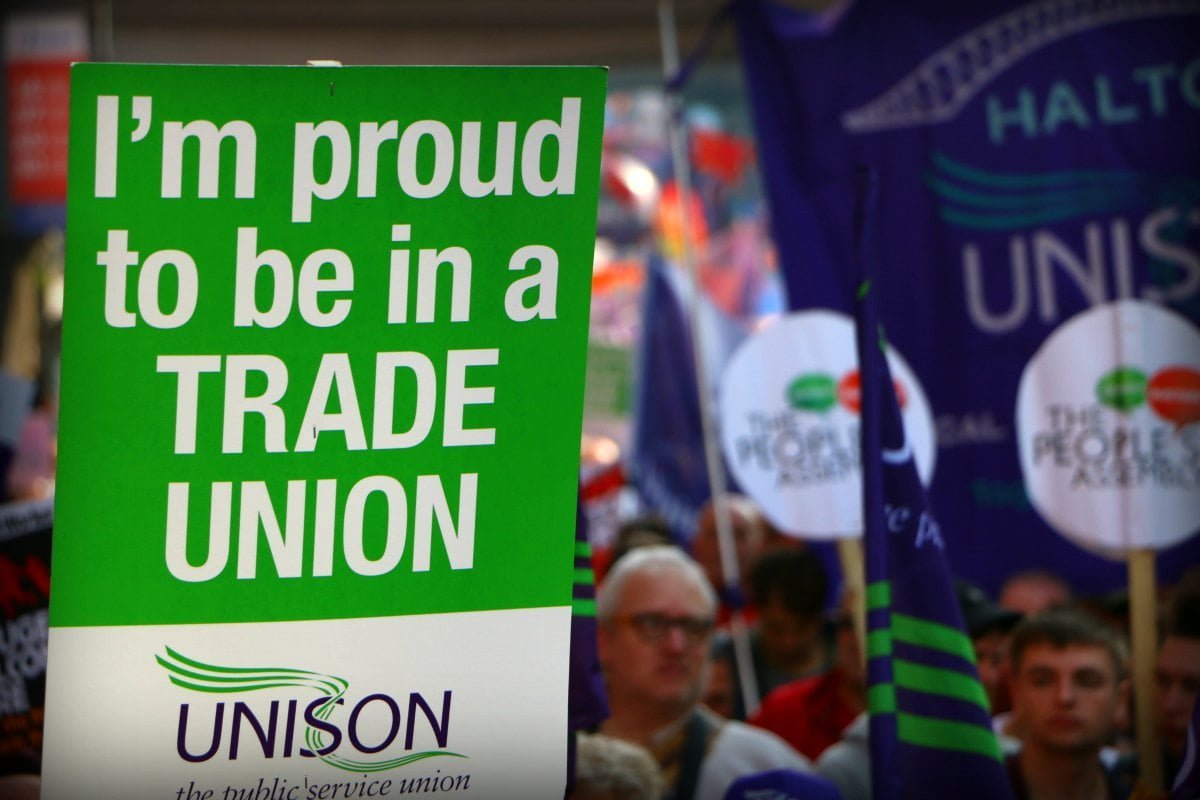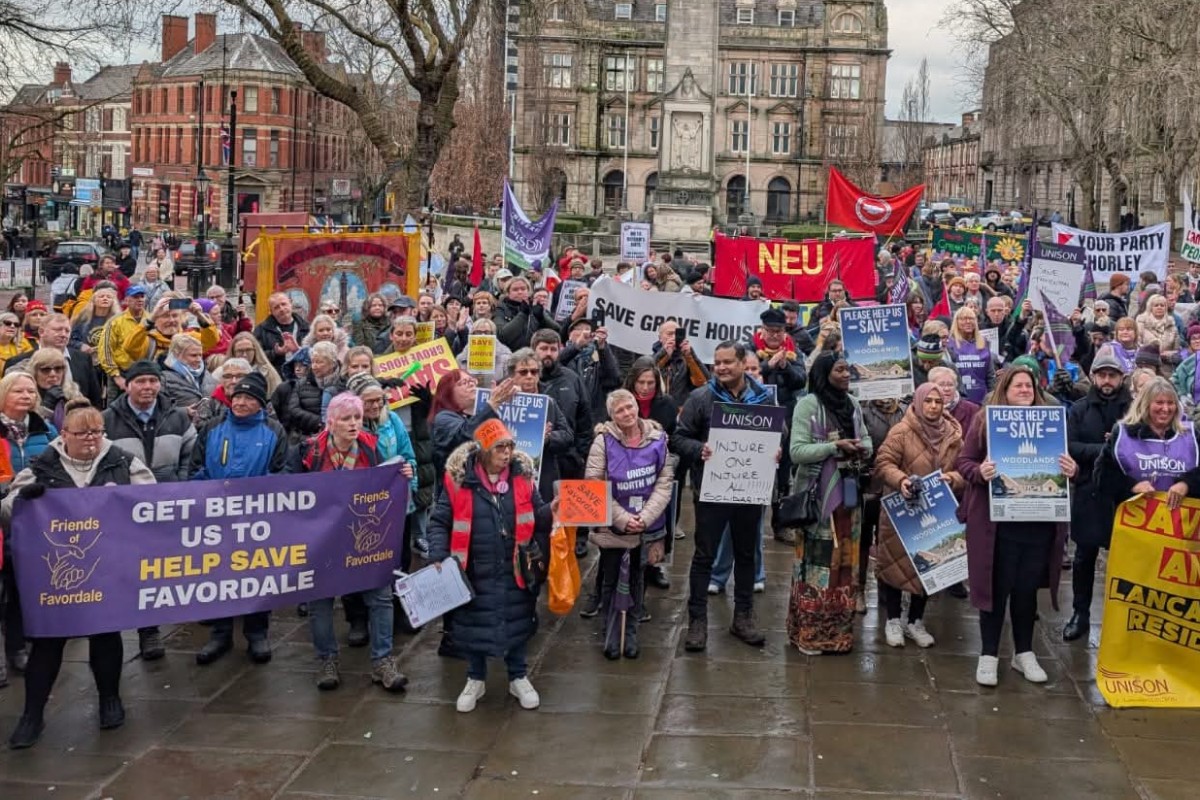UNISON has won a major victory in the Supreme Court, reversing regulations from 2013 that introduced fees at Employment Appeals Tribunals. The decision marks a massive step forward in the fight to claw back workers’ rights that have faced decades of attacks. But there is still some way to go. Bold and militant trade union leadership is needed.
UNISON has won a major victory in the Supreme Court, reversing regulations from 2013 that introduced fees at Employment Appeals Tribunals. The fees, which can amount to £1,200, were designed to ostensibly “dis-incentivise unreasonable behaviour, such as pursuing weak or vexatious claims” from being brought in front of the tribunal.
Of course, as any trade unionist will know, the employers’ view of the virtues of a particular case are most likely to be very different to those of some poor soul who has been forced to go to tribunal after losing their job unfairly, or who has been discriminated against by that same boss. So, surprise, surprise, when up pops the Tory donor, “Millionaire Plumber” Charlie Mullins, on television to denounce the ruling; the same Charlie Mullins who lost a case in the Court of Appeal over ”bogus self-employment” earlier this year. What a coincidence!
Central to the Court’s decision was the right of access to justice. The Supreme Court decided that the government had placed a barrier in the way of people who needed to access the tribunals. They had therefore overstepped the mark, infringing rights which were enshrined in law since the Magna Carta.
The judgement quoted figures stating that the number of tribunal cases had fallen by between 66-70% since 2013. The outcome of the case means that all tribunal fees paid will be refunded. However, it is likely that the total cost to workers over the past few years is far greater than just the fees paid. How many people, for example, would have won compensation but didn’t pursue their case?
This is a big victory for UNISON. It has been reported as being the biggest ever judicial intervention in British employment law.
The case brings out some broader political points as well. Marxists have always pointed out that the State, including the judges and the courts, are ultimately there to defend private property. However, in doing so, judges are reluctant to ditch long established (and hard fought for) laws until they really have to.
For the Tories, however, introducing EAT fees, attacking workers’ rights, cutting welfare and massaging the figures is expedient, cutting costs and raising profits to try and make us pay for the crisis of their system. In this case, the judges decided that the Tories – and the bosses they represent – had gone too far.
Paragraph Six of the judgement states that
“Relationships between employers and employees are generally characterised by an imbalance of economic power. Recognising the vulnerability of employees to exploitation, discrimination, and other undesirable practices, and the social problems which can result, Parliament has long intervened in those relationships so as to confer statutory rights on employees, rather than leaving their rights to be determined by freedom of contract.”
We would have to say that since 1979, if not earlier, the overwhelming direction of travel in respect of workers’ rights in Britain has been in the opposite direction. The attacks on trade union rights, limitations on the rights of trade unions to campaign, and the introduction of the “Public Order Act” etc, have all been designed to limit the opportunities for workers to organise and fight for their interests.
This victory in the Supreme Court is very significant. But we can’t rely on the courts to solve the problems of working people. The best defence we have is strong trade union organisation, with a bold and determined leadership. Only by fighting to transform society on socialist lines can we remove exploitation, discrimination and the misery of capitalism once and for all.






